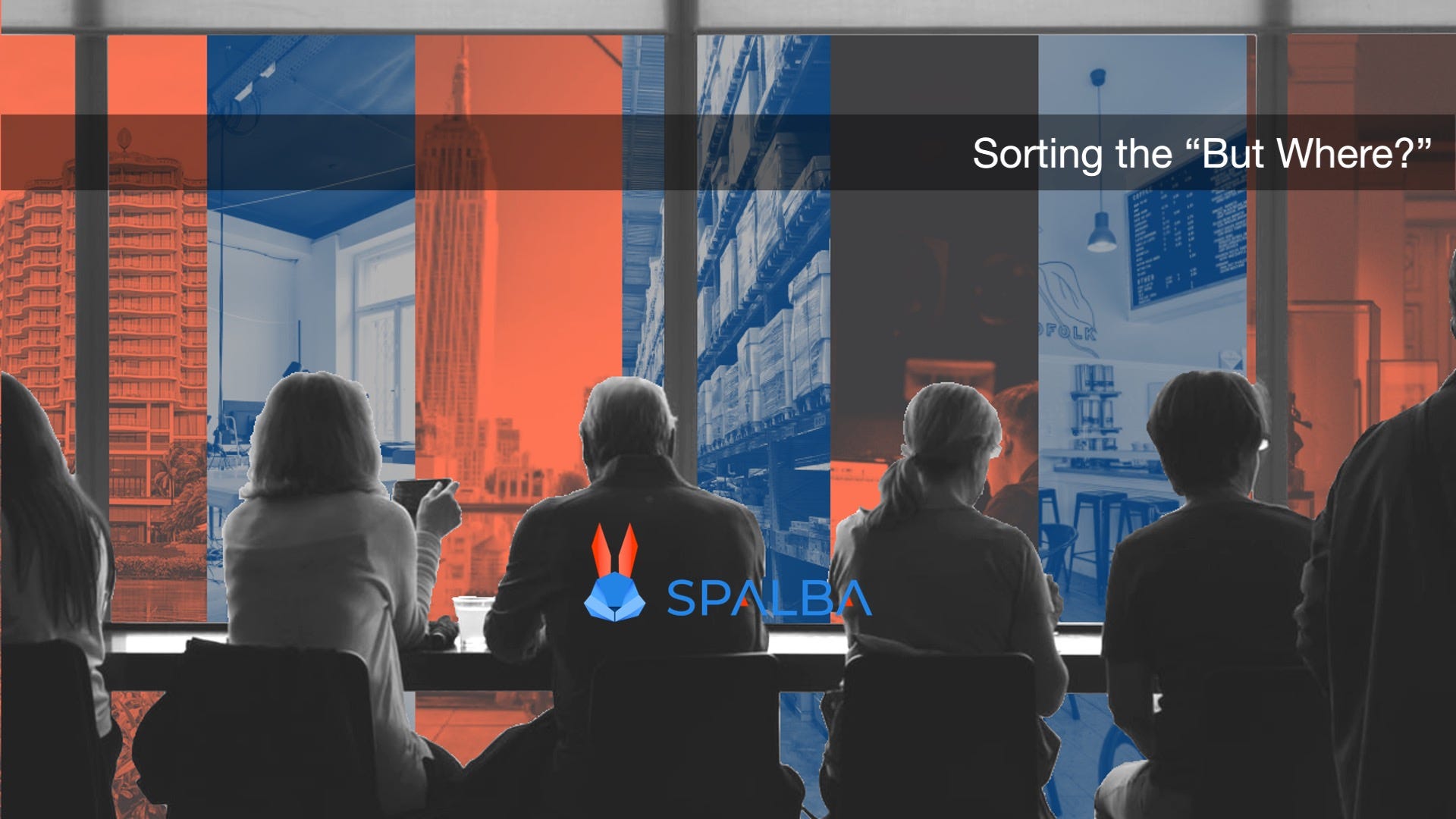
Booking an event venue is a tedious process, its slow, expensive and time consuming.
From searching, to exploring, to negotiating, to booking and to planning an event venue, an event planner (corporates, agencies and individuals) can take months sometimes, may have to travel to multiple locations and communicate to remotely present clients. The lengthy time taken to close the sale results in loss of opportunities for hotels and it adds upto the cost for the event planners.
Today’s consumers mainly include Millennials and Generation Y, they demand personalisation and experiences in real-time while collaborating with friends and colleagues. They are pretty tech savvy and expect the brands to offer these high-tech and immersive interactions. Traditional consumer journeys need to be reimagined and modernised, consumers should be able to access the product remotely at their convenience irrespective of whether they are at home or at office.
The pandemic has broken everyone’s back, impacting people and business alike. It has impacted demand and supply both, the normal way of doing the business is outdated. New Technologies are catalyst for change, offering new capabilities and helping businesses reimagine the entire industry.
Today the hospitality industry is doing everything to survive. Services like hotel-as-an-office, food delivery, co-working, subscription based offerings, sending chefs for personal get-togethers, home laundrette, housekeeping, online cooking classes etc are all popping up and generating new avenues. But is it going to help them reimagine ? are we thinking ground up, are we laying the foundation of a new future ? are we thinking fresh ? is it going to make the industry thrive ?
Hospitality Industry, an industry which is close to a trillion USD and is expected to be around 2.5 trillion by 2026, need to push the boundaries now, they need to understand the value of the real estate that they are sitting on, they need to understand where the world and consumer is going, they need to make their spaces accessible and functional and map them to users who are looking to engage and come together at spaces which are immersive and experiential.
The process to search, explore, collaborate and book has to be simple, interactive and customisable to consumers needs. The entire process should save time and money for the event planners, hotels and brands. Looking from a broader perspective, its time to be responsible business and be carbon-conscious at the same time.

Event planning is technically a 3-step process that can take up to 4–6 months or more from planning to execution.
The first step is all about searching and mapping out the possible event venues. Today the event planners often rely on the past experiences, recommendations from friends and clients and internet search. The data for this search is all scattered and generally include 2D photographs and sometimes 360-degree photos of some of the prominent spaces. However, to understand and plan an event, an event planner has to visit the space, take dimension, take pictures and sit with the space people to discuss in details.
The second step is about collating all the information in an understandable format for your clients and presenting to them either remotely or physically, gaining their confidence, negotiating with the venue and finally booking the event venue and making the payments for the sale
The third and the final step is about event planning the other details like food, beverages, set-ups etc.
At Spalba, we are excited to work with the venue owners to develop experiences and solutions built upon our technology to transform consumer journeys. We are helping hotel event venues solve the first two steps as per the process below :-

CLON3D makes your space accessible, functional and experiential through Augmented Reality and Virtual Reality solutions
Digital Twin are specially designed for venues, so that the consumers can understand a venue better sitting remotely, some of the important features are listed below for better understanding


We are entering into a New Era and I am sure all of us are feeling the push.
Like any other technology initiative, the success of this solution requires up-front strategic thinking and stellar follow through. Getting the C-suite and end-users engaged is critical — both for initial acceptance of the technology and ongoing usage. When done correctly, hotels will gain a productivity-enhancing tool that drives efficiency and achieves genuine human acceptance.

This hazardous path of recent times has brought an unexpected gust of wind, pushing us faster to the place we have been sailing towards for years. What lies beyond this horizon is a new world, a new world which is a collection of universes, it looks like a video game and is an interwoven portal of connections.
Do we want to be left behind or do we want a seat at the helm, the choice is ours, and what we choose today becomes the footprints to the future iteration or what we choose today becomes the legacy of the hospitality industry.
There can never be a better time to build the world we want to see, it’s up to us to define the next decade NOW.
Lets have a conversation about fixing it and break the Trap…